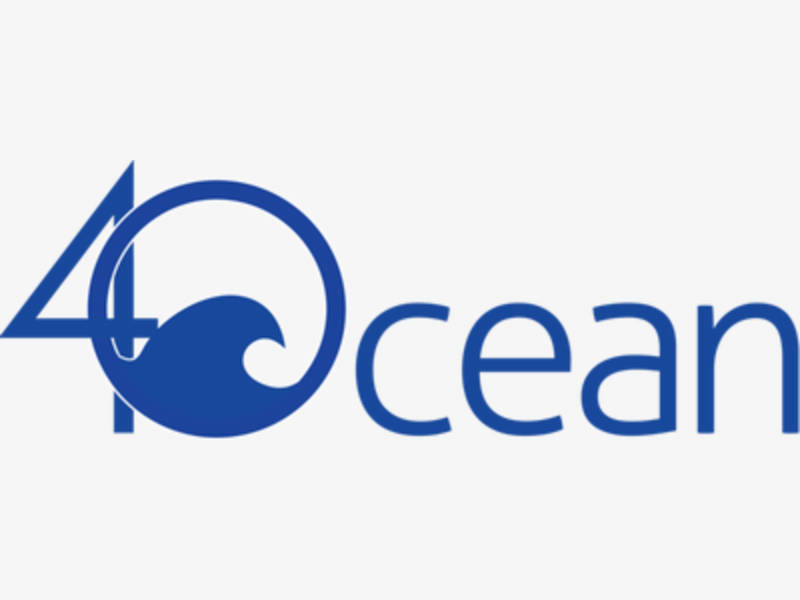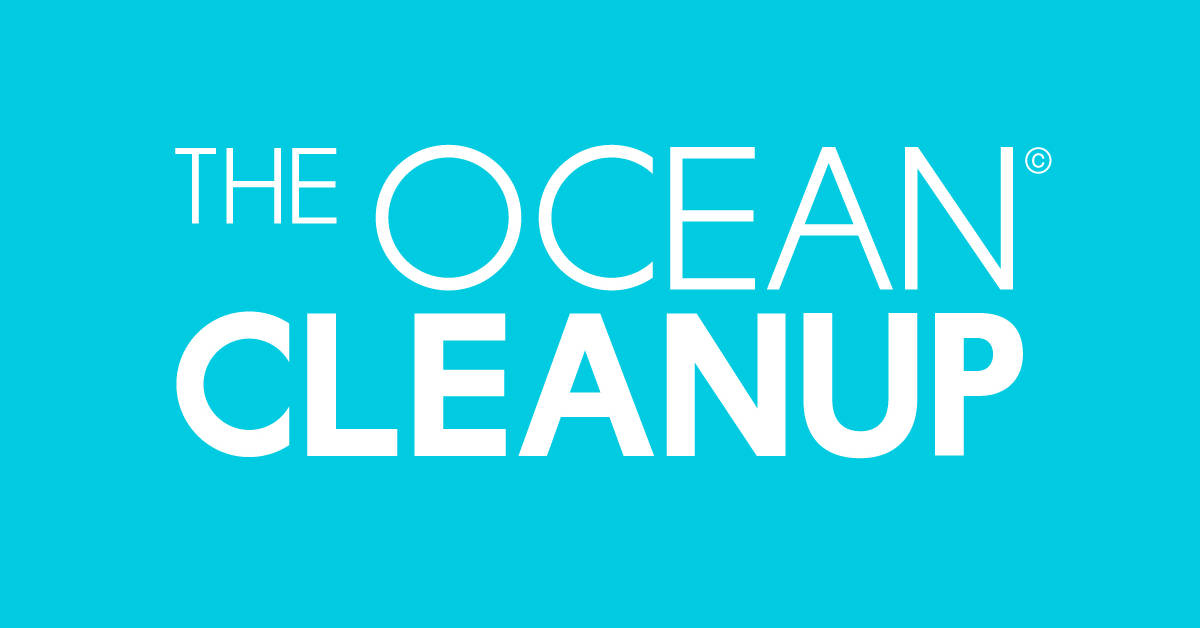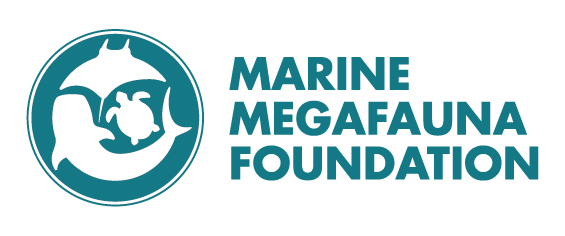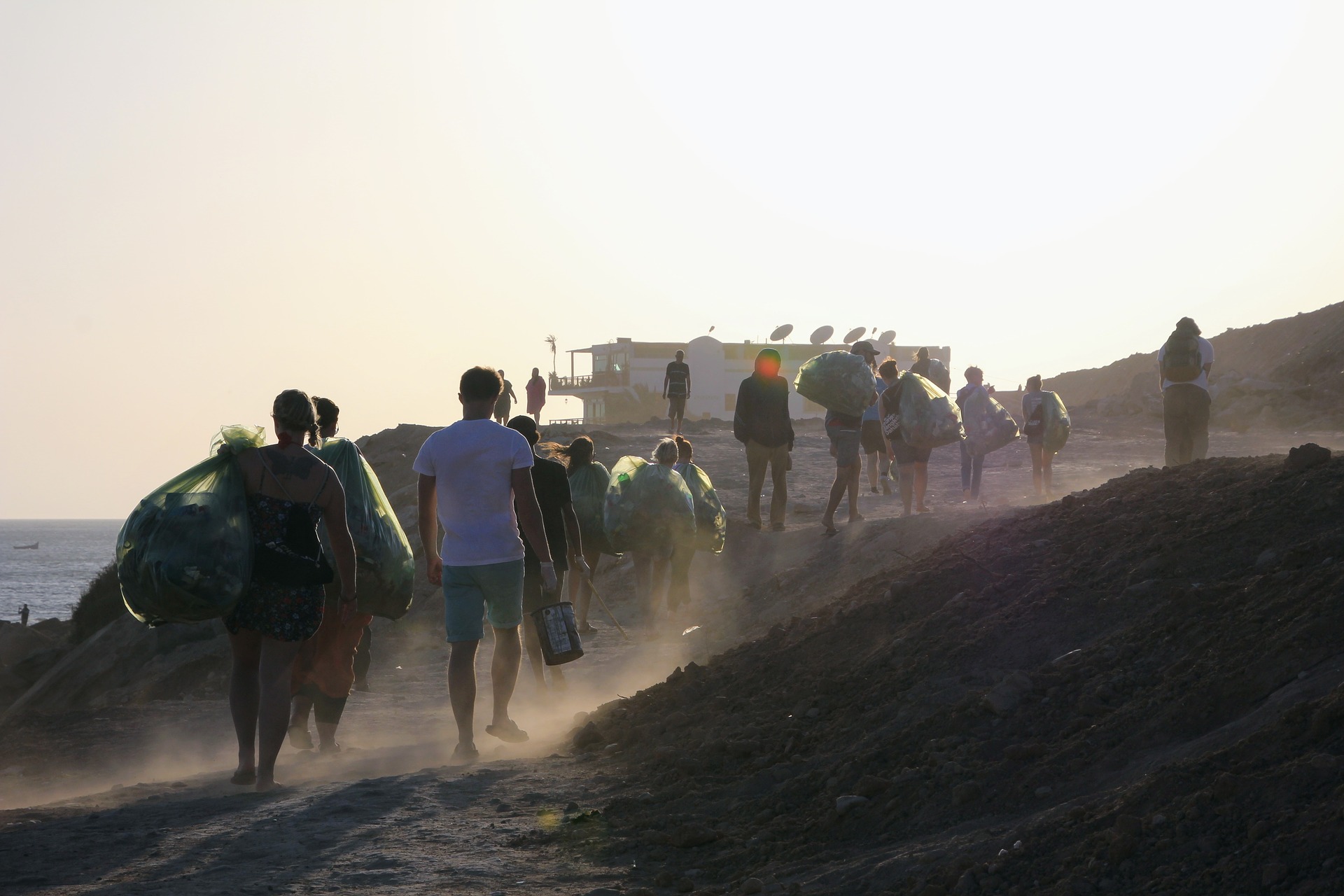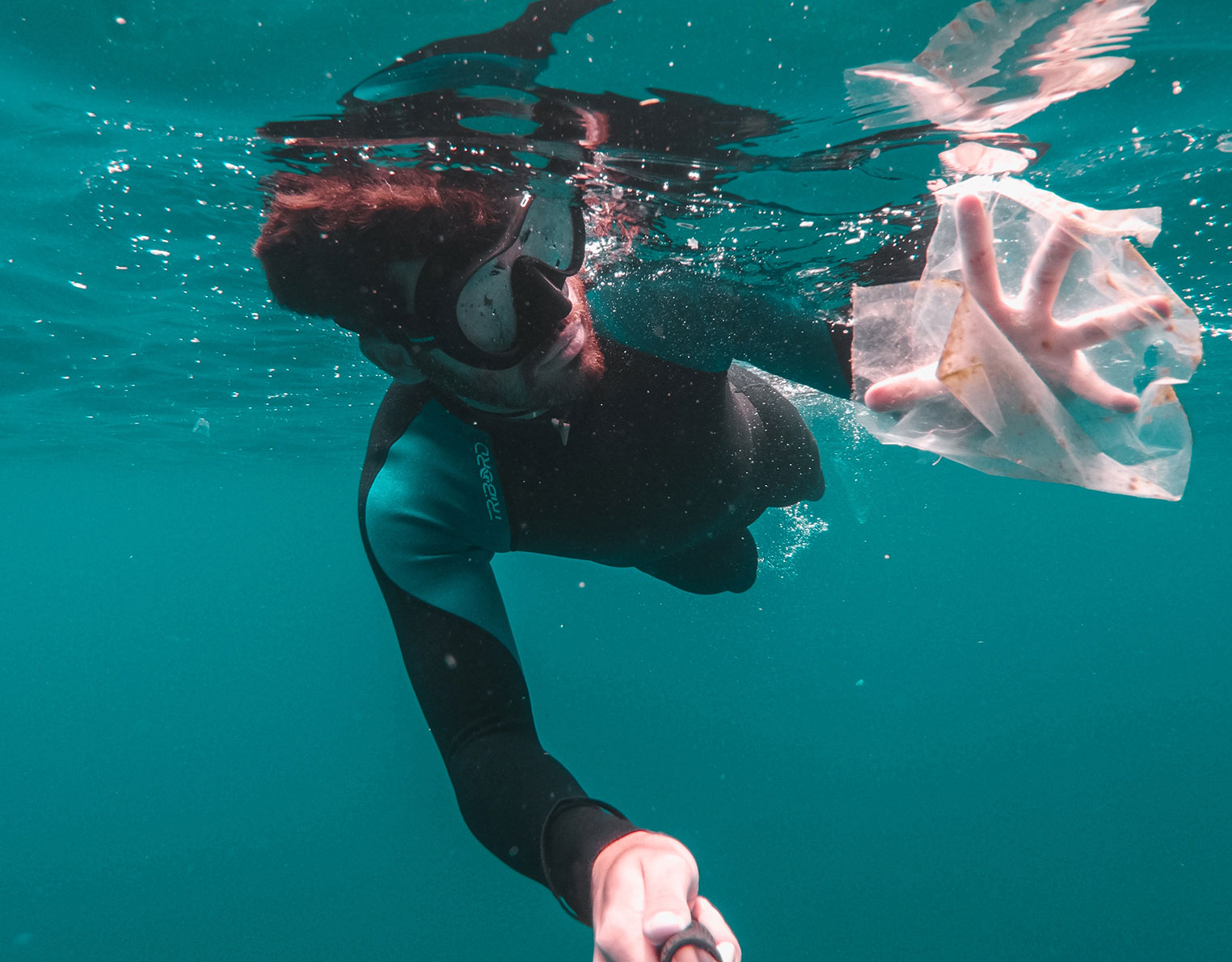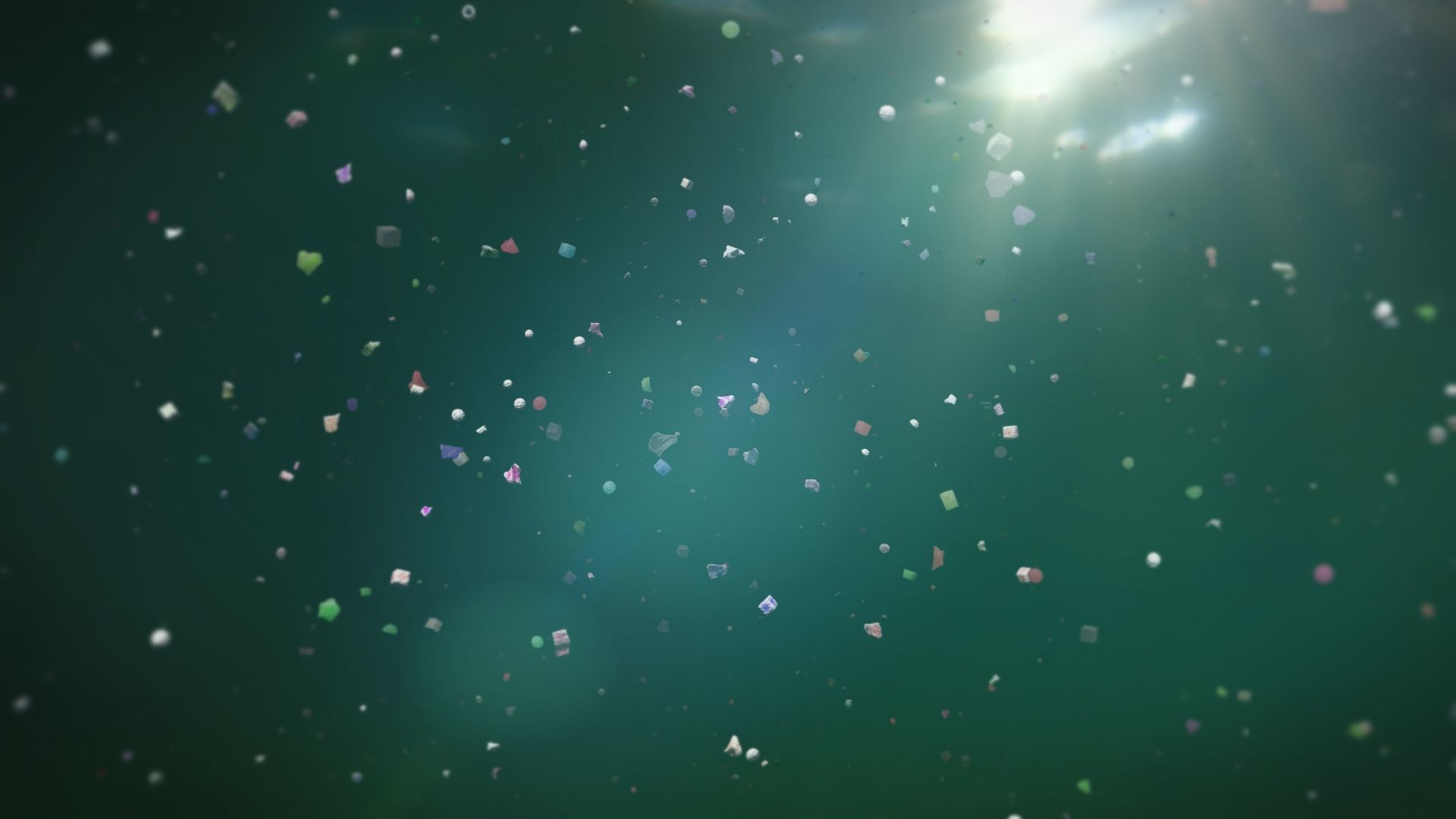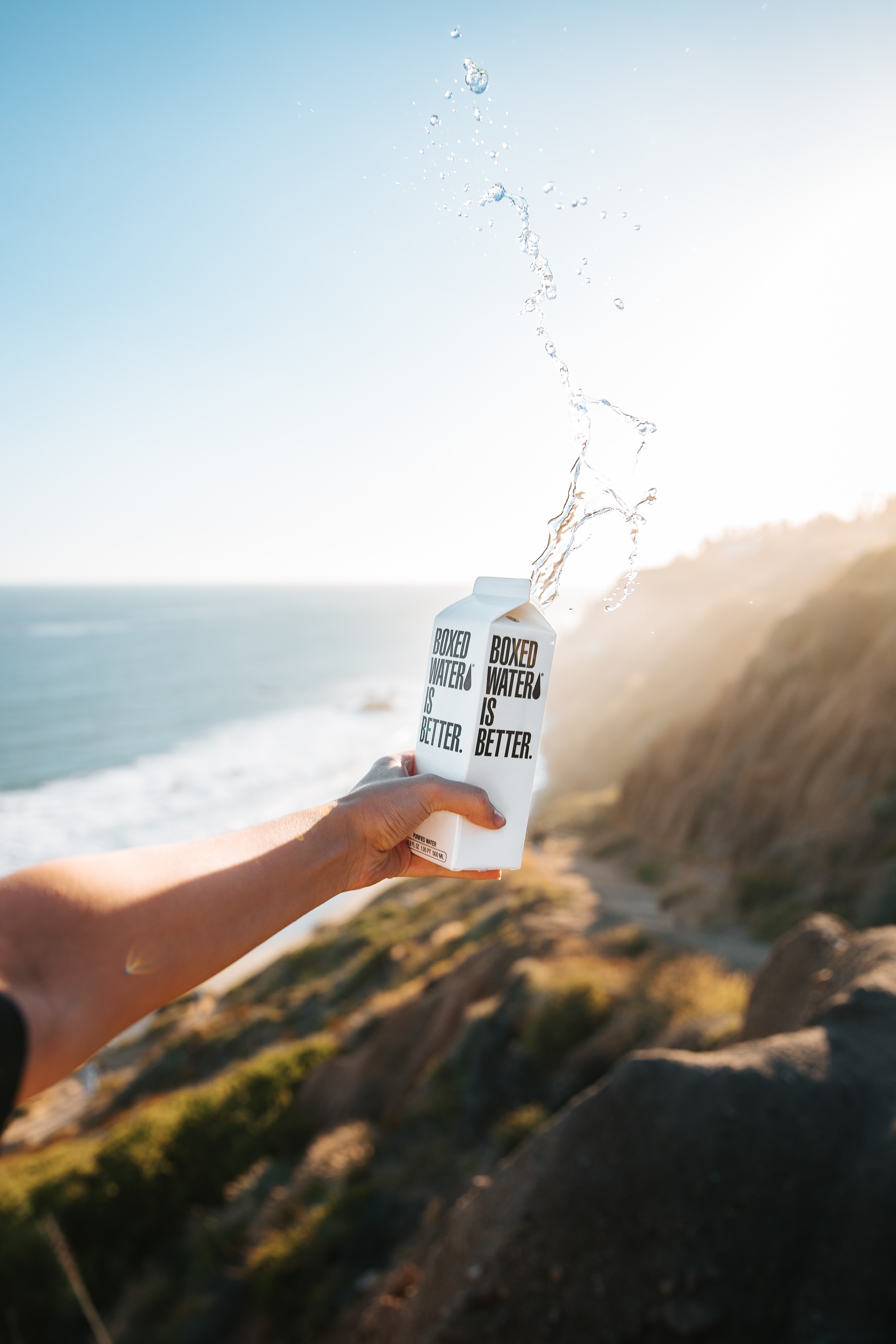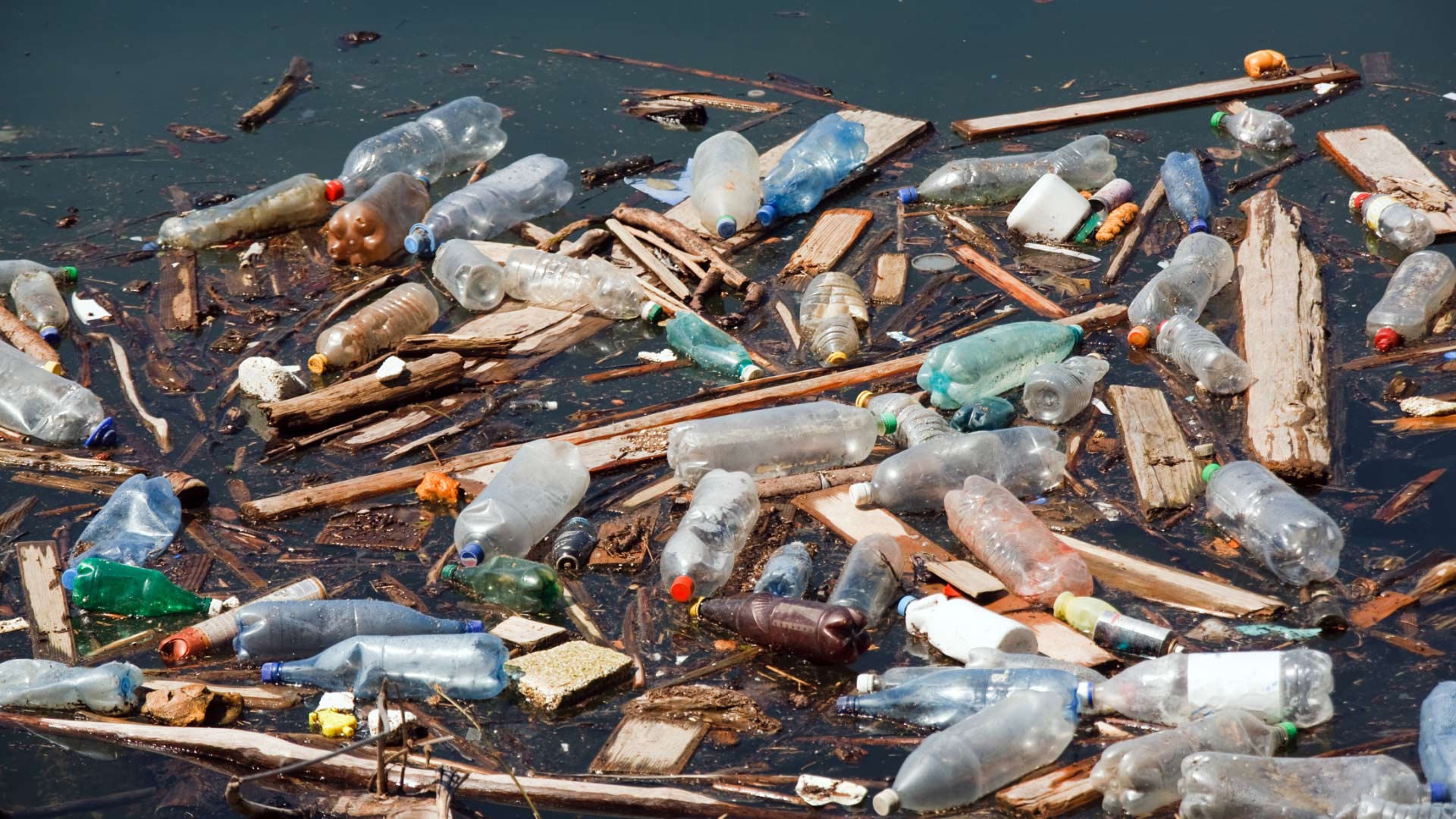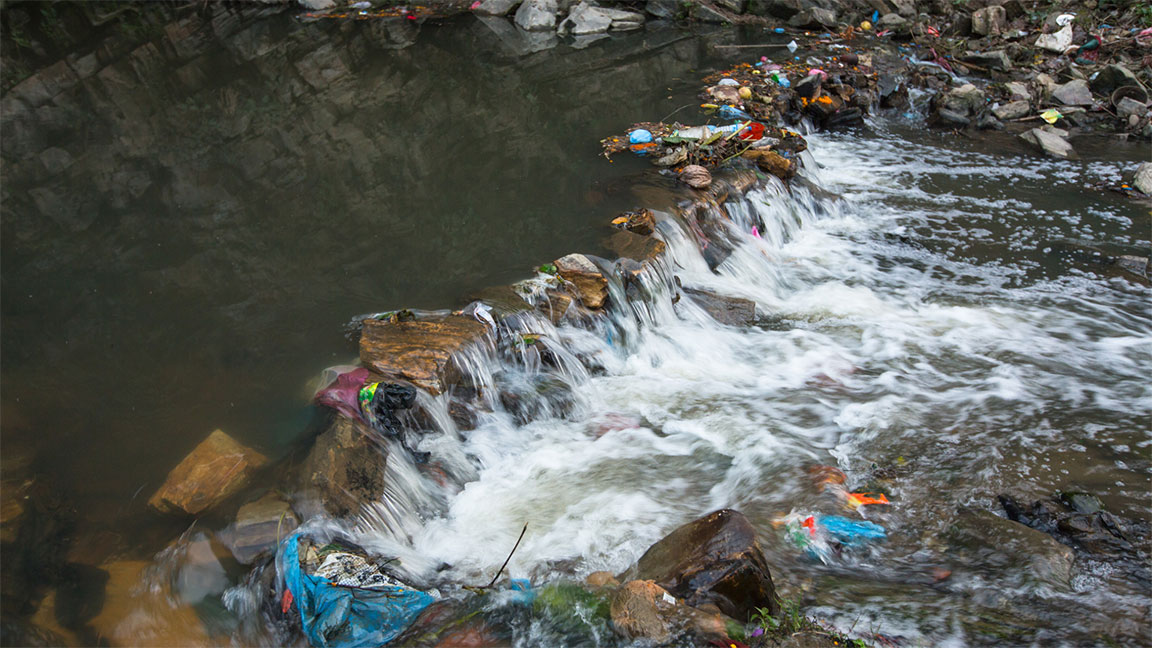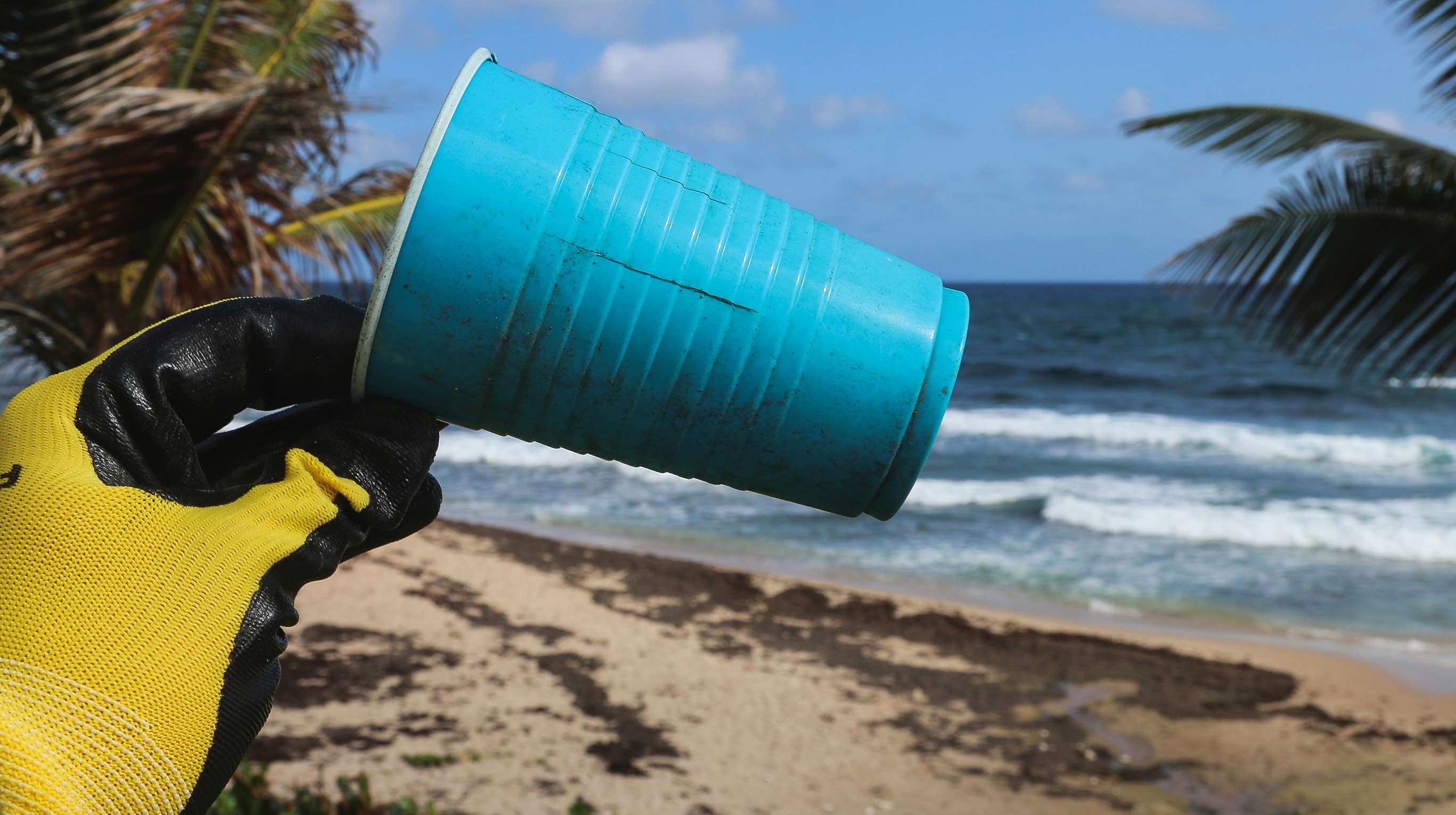Fix Current Pollution
THE CURRENT SITUATION
Around 8 million tons of plastic enter the ocean annually with an estimated 5.25 trillion plastic pieces.
These pieces of plastic take hundreds of years to degrade, destroying marine creatures
and our environment.
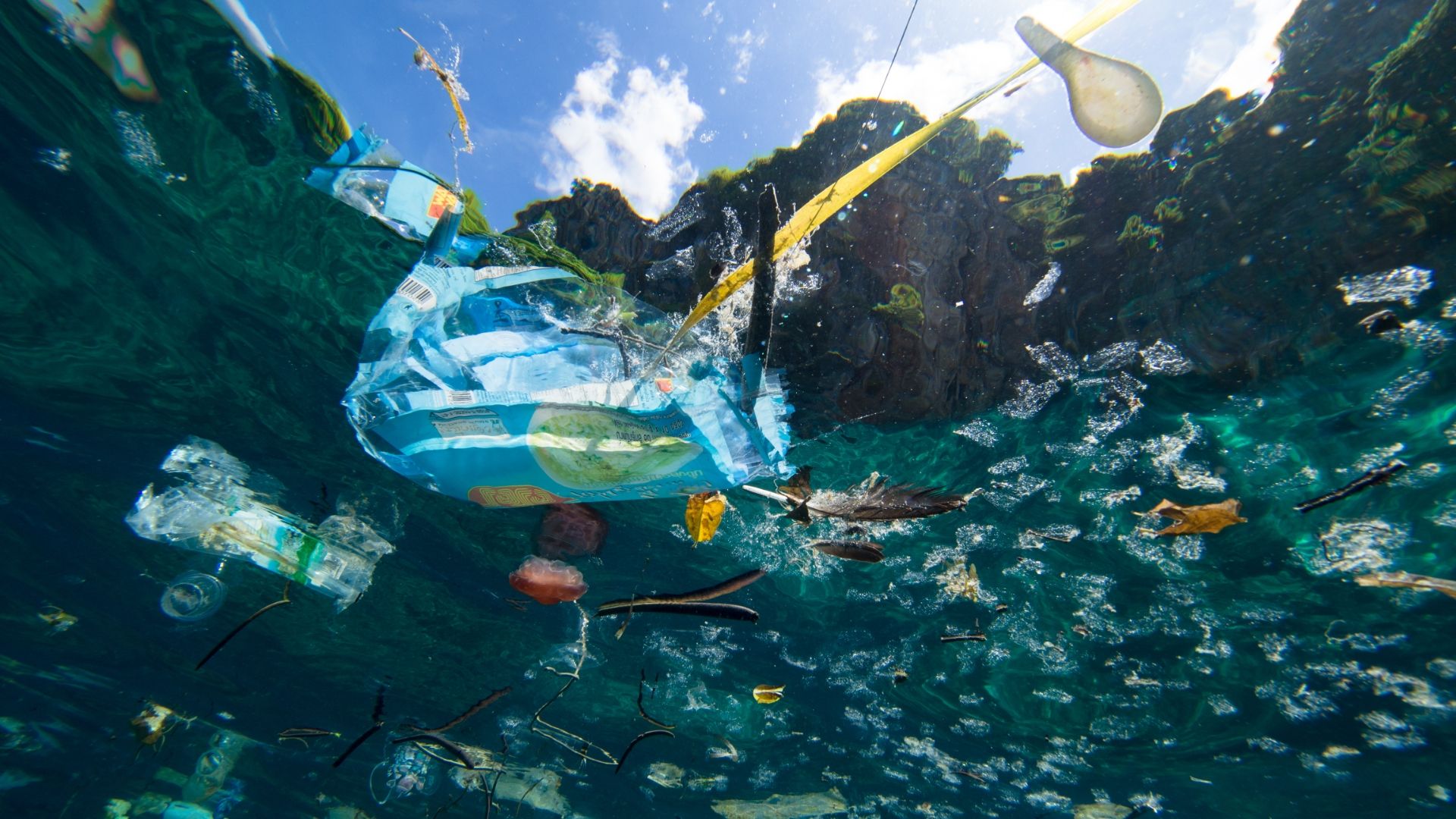
The Great Garbage Patch
The 'Great Garbage Patch' is a large collection of garbage in the ocean, pushed together by currents. The garbage patch is around 3 times the size of France, it expands rougly 1.6 Million km2. It contains 1.8 trillion pieces of plastic. There are also 5 other large garbage patches in the ocean.
Macro/ Micro Plastics
Microplastics come from many sources including those formed from larger plastic items as they are broken down. Microbeads are tiny solid plastic particles used in cosmetics, healthcare and personal care products for example exfoliants and bulking agents. These microplastics aren't captured by water waste systems and so the particles end up in the rivers and oceans. The particles absorb and give off harmful toxins and take hundreds of years to degrade.
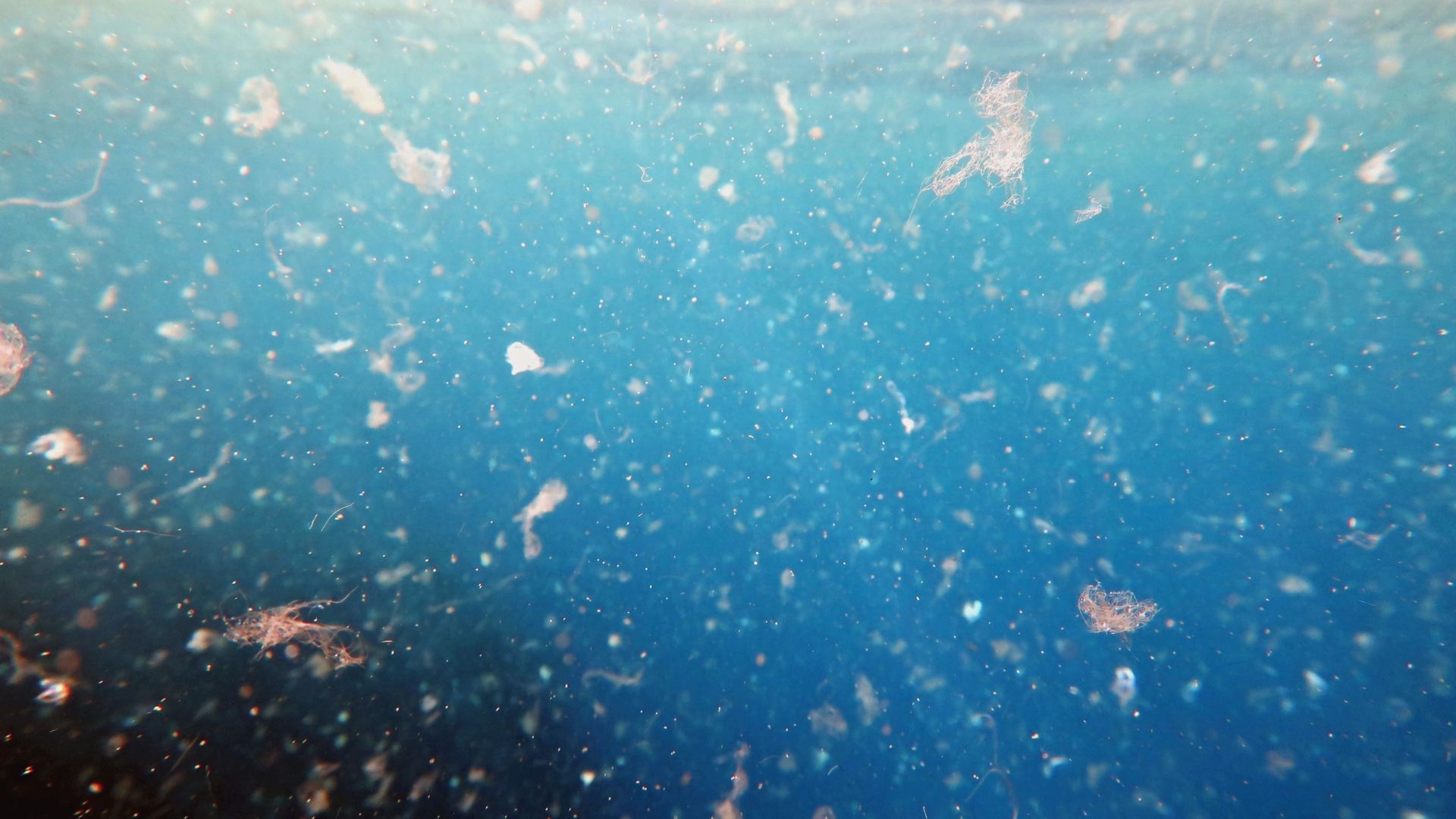
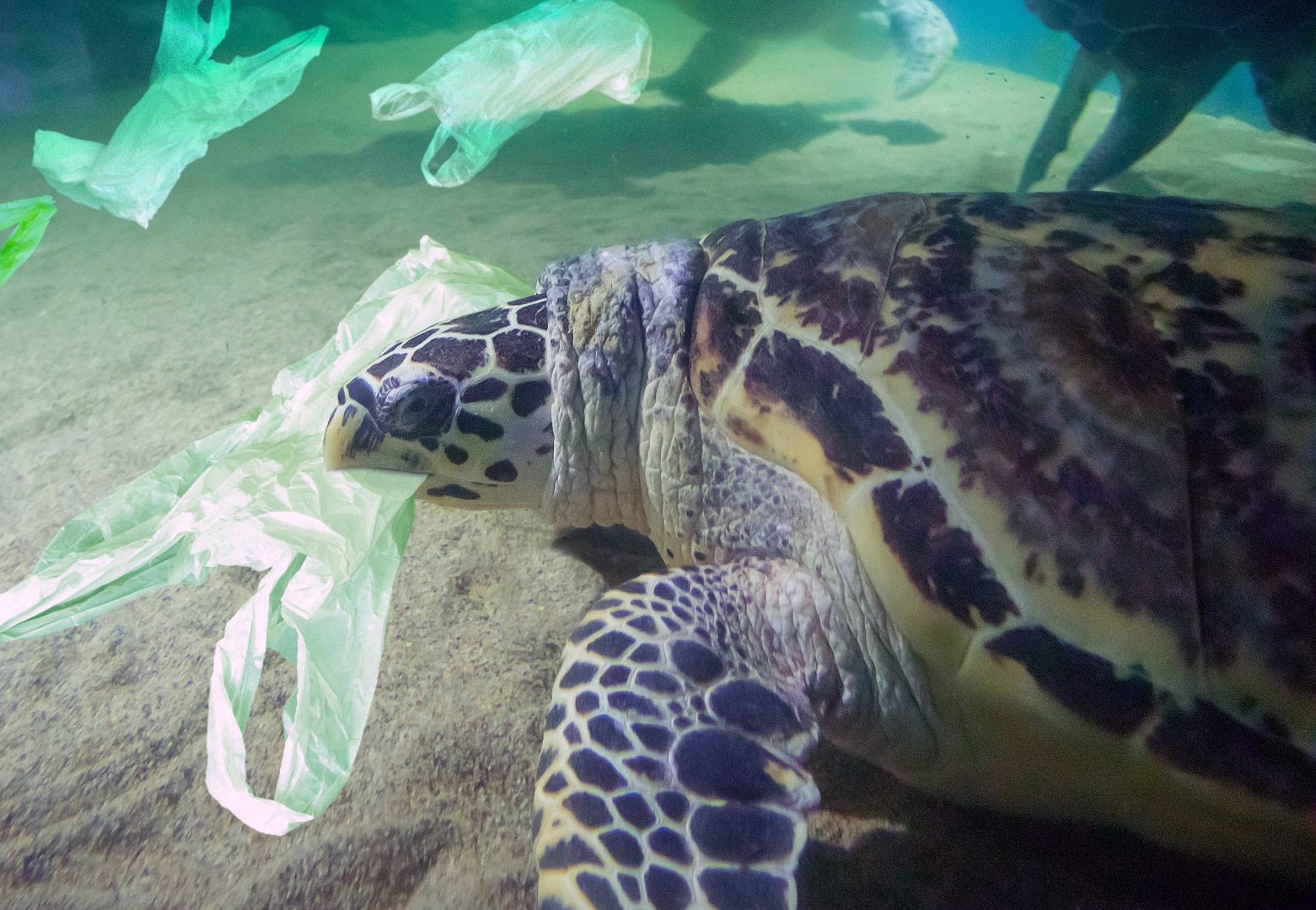
Marine Wildlife
Plastic is harmful to marine creatures and sea birds, destroying their habitat and killing hundreds of thousands each year from getting entangled or accidently eating plastic. Turtles for example often mistake plastic bags for jellyfish, and many sea creatures are being found with plastic in their stomachs. With plastic entering the food chain this also effects humans who eat seafood who will in turn consume the plastic and toxins which can be released into people's bodies after the fish is eaten.
How You Can Help...
There are a number of organisations helping to combat plastic pollution that you can support.
Click the logos to find out more or donate.

